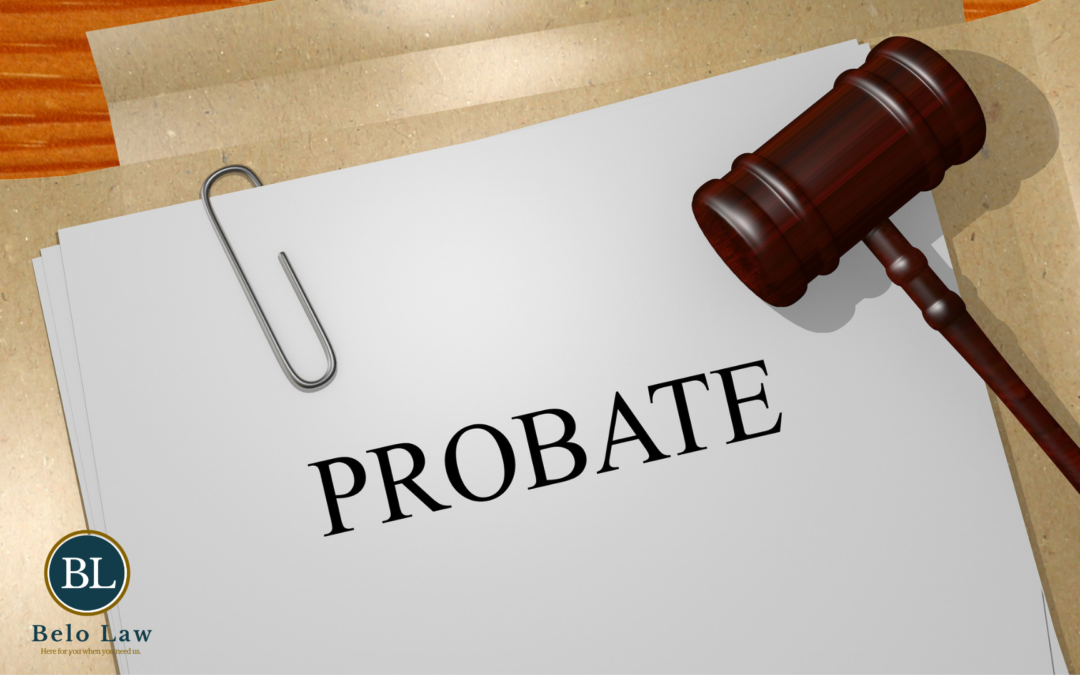
Many of us have heard about the difficult nature of probate proceedings, and often, we try to structure our estate plan to avoid our estate becoming subject to probate after our death. Did you know, however, that
there is an additional type of probate proceeding called ancillary probate?
Ancillary probate may be required in addition to a state probate proceeding, if you own real property or other assets that are attached in a state outside of your home state. This can be a complicated and overwhelming process, which is why we want to share with you a few
tips you need when it comes to ancillary probate.
1. Did you know that certain trust agreements are valid across state lines?
Unlike a last will and testament, there are various types of trust agreements that have the ability to be effective across state lines. As long as your property outside of Florida is titled into the trust agreement, the trust can govern your out-of-state property and help keep your estate outside of ancillary probate proceedings.
2. Consider your last will and testament and durable power of attorney.
Did you know that the property you wish to protect in your last will and testament can only be property located in Florida? There is a common misconception that a last will and testament provides protections for all real property. Unfortunately, this is not true. If you own property in another state outside of Florida, your last will and testament will likely not cover it.
3. Do not wait to discuss your specific circumstances with an experienced, local estate planning attorney.
We know how complicated the ancillary probate process can be. One of the most effective ways to ensure that you understand how to protect your property and prepare accordingly is to discuss your specific needs with an experienced, local estate planning attorney who is familiar with the specific ancillary probate rules of your state. This can provide you with some peace of mind and help ensure your real property is protected and transfers according to the legacy you wish to leave for your loved ones.
We know how challenging it can be to prepare for a time when you are no longer here. It is important, however, that you plan ahead while you still have the opportunity to do so to make sure your loved ones and property are protected. If you have questions about anything discussed in this article, or if you are ready to start your planning, do not wait to contact us to set up an appointment so we can help create the right plan for you.
